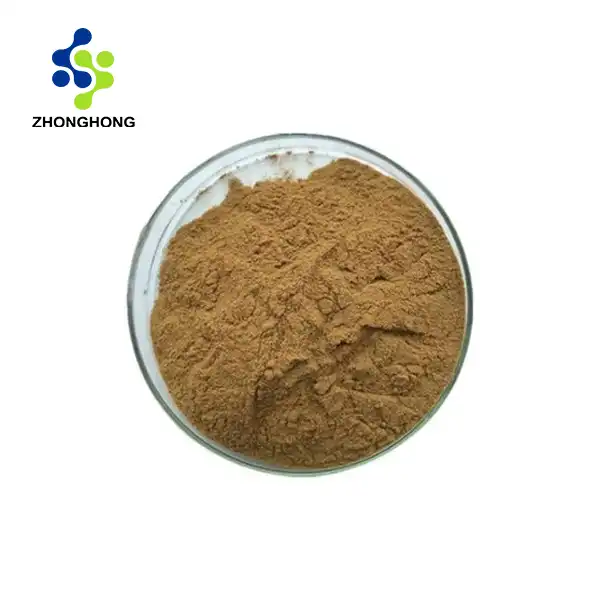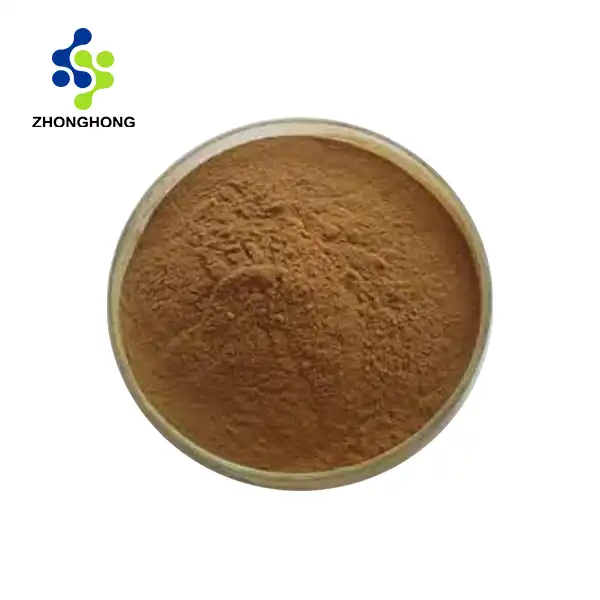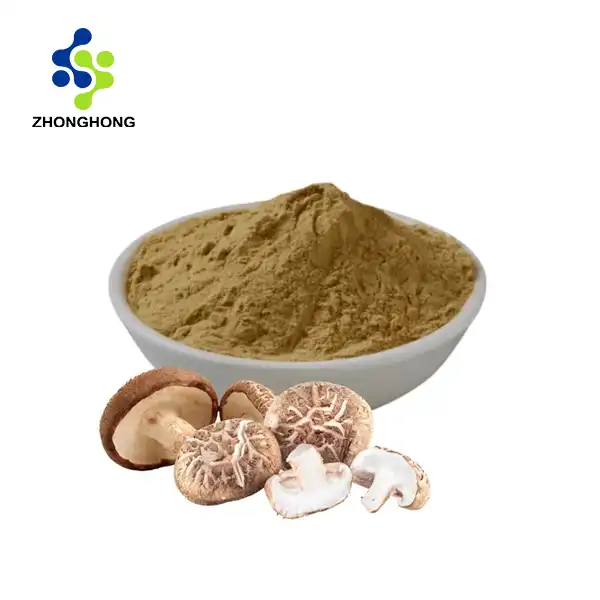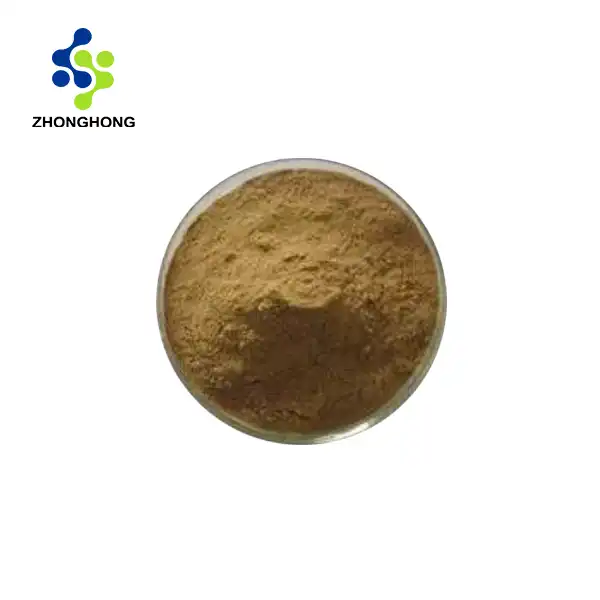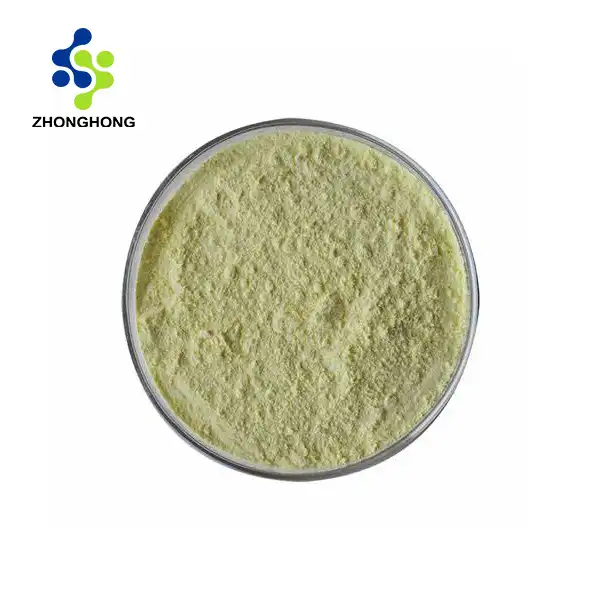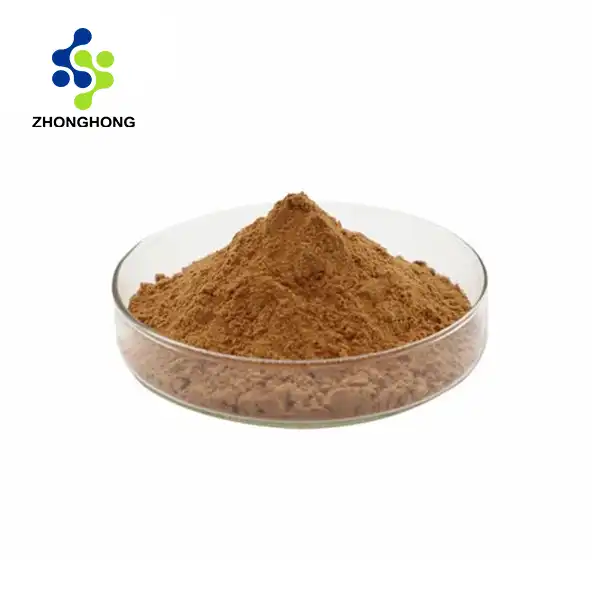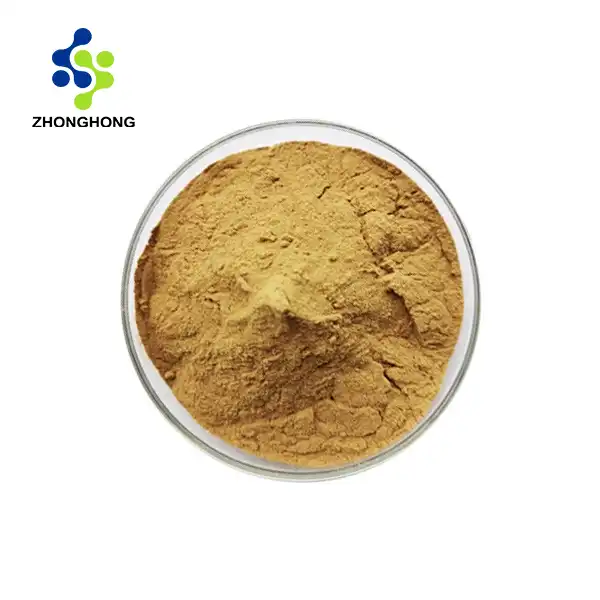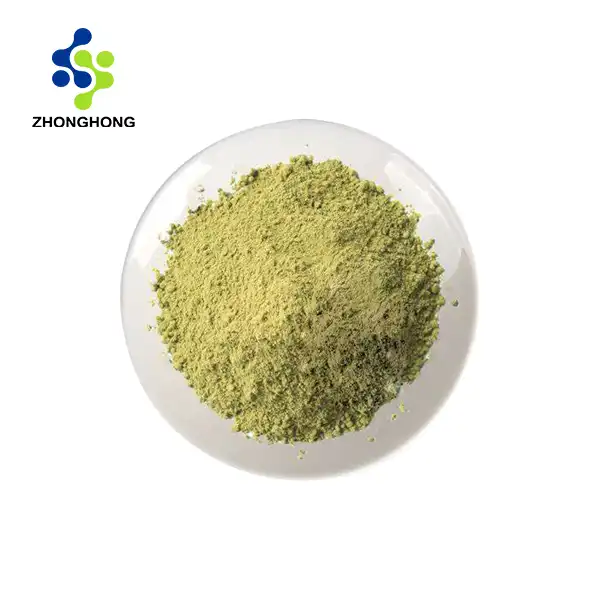The Role of Equol in Hormonal Balance
Understanding Equol's Estrogenic Properties
Equol is a unique compound that exhibits estrogenic properties, meaning it can interact with estrogen receptors in the body. This interaction allows equol to mimic some of the effects of estrogen, potentially helping to balance hormone levels. The ability of equol to bind to estrogen receptors, particularly ER-β, makes it an intriguing subject in the field of hormonal health. Research has shown that equol's estrogenic activity is gentler than that of endogenous estrogen, which may contribute to its potential health benefits. This natural compound can help modulate estrogen's effects in the body, potentially reducing the risk of hormone-related health issues while supporting overall hormonal balance.
Equol's Impact on Testosterone Levels
While equol is primarily known for its estrogenic effects, it also plays a role in regulating testosterone levels. Studies have indicated that equol may help inhibit the conversion of testosterone to dihydrotestosterone (DHT), a more potent form of the hormone. This action could have implications for prostate health in men and may help address hormonal imbalances in both genders. By potentially moderating testosterone's effects, equol could contribute to a more balanced hormonal profile. This balance is crucial for various aspects of health, including mood regulation, bone density, and metabolic function.
Equol and Thyroid Function
The relationship between equol and thyroid function is an area of growing interest. Some research suggests that equol may have a protective effect on thyroid health, particularly in the context of environmental toxins that can disrupt thyroid function. Equol's antioxidant properties may help shield the thyroid gland from oxidative stress, potentially supporting its optimal function. While more research is needed to fully understand the interplay between equol and thyroid hormones, preliminary findings suggest that this compound could be a valuable ally in maintaining thyroid health as part of a balanced hormonal system.
Top Sources of Equol and How to Get Them?
Soy-Based Foods: The Primary Equol Precursors
Soy-based foods are the most significant dietary sources of daidzein, the isoflavone that the body converts into equol. Incorporating a variety of soy products into your diet can increase your potential for equol production. Some excellent sources include:
- Tofu: A versatile protein source that can be used in both savory and sweet dishes.
- Tempeh: A fermented soy product with a nutty flavor and firm texture.
- Edamame: Young soybeans that make for a nutritious snack or side dish.
- Soy milk: A plant-based alternative to dairy milk, rich in isoflavones.
- Miso: A fermented soybean paste used in soups and marinades.
It's important to note that not everyone can produce equol from daidzein. The ability to produce equol is determined by the presence of specific gut bacteria. Approximately 30-50% of Western populations and 50-60% of Asian populations are considered "equol producers."
Other Plant-Based Sources of Isoflavones
While soy is the most concentrated source of daidzein, other plant foods also contain isoflavones that may contribute to equol production in equol producers. These include:
- Legumes: Particularly chickpeas, lentils, and various types of beans.
- Whole grains: Such as barley, rye, and oats.
- Nuts and seeds: Especially flaxseeds and sunflower seeds.
- Fruits: Berries, apples, and citrus fruits contain small amounts of isoflavones.
- Vegetables: Broccoli, kale, and other cruciferous vegetables are good sources.
Incorporating a diverse range of these foods into your diet can help increase your overall isoflavone intake, potentially supporting equol production in those capable of synthesizing it.
Enhancing Equol Production Through Diet and Lifestyle
While genetic factors play a significant role in equol production, certain dietary and lifestyle factors may influence your body's ability to produce this beneficial compound:
- Probiotic-rich foods: Consuming fermented foods like kimchi, sauerkraut, and kefir may help promote a gut environment conducive to equol production.
- Prebiotic fiber: Foods high in prebiotic fiber, such as Jerusalem artichokes, garlic, and onions, can support the growth of beneficial gut bacteria.
- Regular exercise: Physical activity has been shown to positively influence gut microbiota composition, potentially supporting equol production.
- Stress management: Chronic stress can negatively impact gut health, so incorporating stress-reduction techniques like meditation or yoga may be beneficial.
- Limiting antibiotic use: When possible, avoiding unnecessary antibiotic use can help preserve the gut bacteria necessary for equol production.
By adopting a holistic approach to diet and lifestyle, you may be able to create an environment that supports optimal equol production, provided you have the genetic capacity to do so.
Equol and Its Impact on Menopause Symptoms
Alleviating Hot Flashes and Night Sweats
One of the most promising aspects of equol's potential benefits is its ability to alleviate common menopause symptoms, particularly hot flashes and night sweats. These vasomotor symptoms can significantly impact quality of life for many women during menopause. Research has shown that equol producers tend to experience fewer and less severe hot flashes compared to non-producers. The mechanism behind this effect is likely related to equol's ability to bind to estrogen receptors, particularly ER-β. By doing so, equol may help modulate the body's temperature regulation, which is often disrupted during menopause due to fluctuating estrogen levels. Some studies have reported up to a 50% reduction in hot flash frequency among equol producers or those taking equol supplements.
Supporting Bone Health During Menopause
Menopause is associated with an increased risk of osteoporosis due to the decline in estrogen levels. Equol has shown promise in supporting bone health during this critical period. Its estrogenic effects may help maintain bone mineral density by influencing the balance between bone formation and resorption. Research has indicated that equol producers tend to have higher bone mineral density compared to non-producers. This protective effect on bone health could be particularly beneficial for postmenopausal women, who are at higher risk for osteoporosis and fractures. While equol should not be considered a replacement for conventional osteoporosis treatments, it may offer additional support as part of a comprehensive approach to bone health.
Mood Stabilization and Cognitive Function
The hormonal changes associated with menopause can often lead to mood swings, anxiety, and cognitive challenges. Equol's interaction with estrogen receptors in the brain may help address some of these issues. Some studies have suggested that equol producers experience fewer depressive symptoms and better cognitive function during menopause compared to non-producers.
The potential cognitive benefits of equol are particularly intriguing. Estrogen is known to play a role in neuroprotection and cognitive function, and equol's ability to mimic some of estrogen's effects may help maintain cognitive health during the menopausal transition. While more research is needed to fully understand the extent of equol's impact on mood and cognition, the preliminary findings are encouraging for women seeking natural support during menopause.
It's important to note that while equol shows promise in alleviating various menopause symptoms, individual responses may vary. Factors such as diet, lifestyle, and genetic predisposition all play a role in how one experiences menopause and responds to interventions like increasing equol intake. Women considering equol supplementation or dietary changes to increase equol production should consult with their healthcare provider to ensure it's appropriate for their individual health needs.
Conclusion
Equol emerges as a fascinating compound with significant potential for supporting hormonal balance and alleviating menopause symptoms. Its ability to interact with estrogen receptors offers a natural approach to managing hormonal changes. By understanding equol's sources and benefits, individuals can make informed decisions about incorporating it into their wellness routines. As research continues to unfold, equol may play an increasingly important role in natural health solutions. If you want to get more information about this product, you can contact us at liaodaohai@gmail.com.
_1728976869676.webp)
